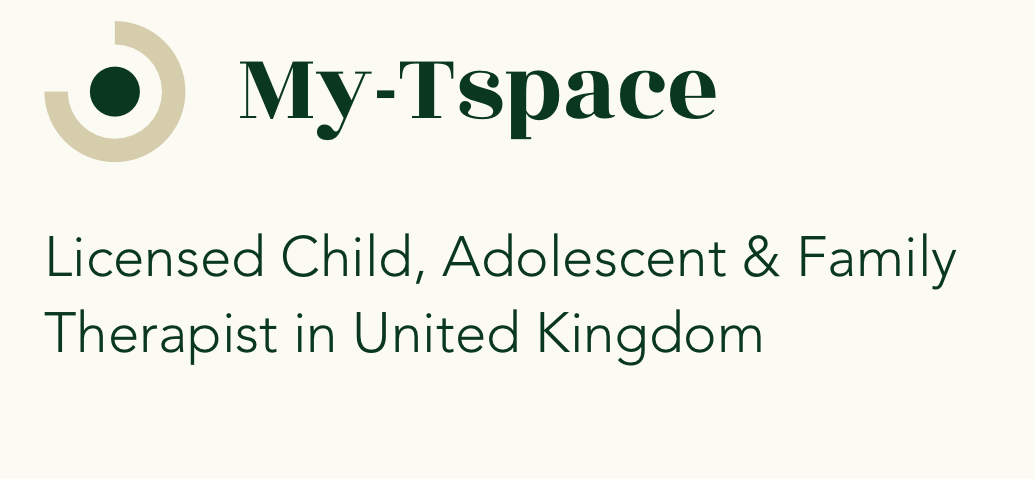Exploring Mindfulness: Unconventional Techniques for Everyday Stress Relief
- Therapist

- Jan 14, 2025
- 3 min read
In our busy world, stress often seems unavoidable. Fortunately, mindfulness techniques can help you manage daily pressures effectively. These practices encourage you to stay present and aware, which can reduce stress and promote overall well-being.
The Power of Breathing
One of the simplest yet most impactful mindfulness techniques is conscious breathing. Spend just a few minutes each day focusing on your breath to ground yourself in the present.
Find a quiet space and sit comfortably. Inhale deeply through your nose for a count of four. Hold that breath for another count of four, and then exhale slowly through your mouth for four counts. Repeat this cycle four to five times.
Research shows that controlled breathing can decrease anxiety by up to 30% in just a few minutes. This technique not only calms your nervous system but also allows you to observe your thoughts without judgment, creating a refreshing moment of pause.
Engaging the Senses
Engaging your senses is another effective mindfulness method that can be practiced anywhere—while walking in the park, resting at home, or even shopping for groceries.
For example, while taking a walk, pay attention to the vibrant colors of the trees, the gentle sound of leaves rustling, and the refreshing coolness of the breeze on your skin. This practice can help shift your focus from overwhelming thoughts to the beauty of the present moment, reducing stress levels in the process.

Mindful Eating
Mindful eating is an excellent way to integrate mindfulness into your daily life. Instead of rushing through meals, take time to savor your food. Focus on the flavors, textures, and aromas with each bite.
To practice this, set aside distractions like your phone and television during meals. You might even discover that this slow approach leads to healthier eating choices. Studies have shown that people who eat mindfully tend to consume 30% fewer calories, as they are more aware of their hunger signals and portion sizes.

Gratitude Journaling
Keeping a gratitude journal can transform your mindset and provide stress relief. Each evening, spend a few minutes writing down three things you are grateful for that day.
By focusing on positive moments, no matter how small, you shift your awareness from stressors to uplifting experiences. Research indicates that practicing gratitude can increase happiness levels by up to 25%, enhancing your overall mood and resilience.
Movement and Mindfulness
Incorporating movement into your mindfulness practice can also alleviate stress. Activities like yoga or tai chi not only promote relaxation but also deepen your awareness of the body.
If formal classes feel overwhelming, you can incorporate simple mindful movements into your daily routine. Simple stretches or leisurely walks can serve as a form of moving meditation. Aim to focus on how your body feels during these movements, allowing distractions to fade away.
Transforming Your Daily Experience
Integrating mindfulness techniques into your daily life opens up new avenues for stress relief. From conscious breathing to savoring meals, the opportunities for cultivating awareness are available to everyone.
Start with small, manageable steps. Over time, these practices can lead to significant improvements in how you handle stress and interact with the world. By nurturing a mindful approach, you can build resilience and enhance your overall mental well-being.
For further support contact us for your individual space.




Comments